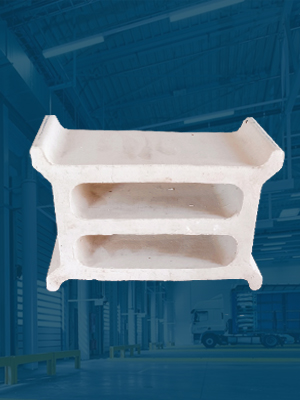In the realm of construction, innovation is key. From ancient civilizations to modern architects, the quest for better materials and techniques has always been a driving force behind the evolution of architecture. In recent times, one material that has been gaining traction for its versatility, efficiency, and sustainability is Grid Block. In this article, we will delve into the world of Grid Block, exploring its myriad applications, benefits, and why it stands as the all-in-one building material of the future.
Understanding Grid Block: A Revolutionary Building Material
Grid Block, also known as modular grid construction, is a cutting-edge building material that combines the structural integrity of traditional concrete blocks with the flexibility of modular design. These blocks are typically made from a blend of recycled materials, such as concrete, fly ash, and other additives, making them not only durable but also eco-friendly.
The Versatility of Grid Block
One of the most remarkable features of Grid Block is its versatility. From residential homes to commercial complexes, and even infrastructure projects, Grid Block can be adapted to suit a wide range of construction needs. Its modular nature allows for quick and easy assembly, making it ideal for projects with tight deadlines or limited manpower.
Benefits of Grid Block Construction
Grid Block offers a plethora of benefits that set it apart from traditional building materials:
- Cost-Effectiveness: Grid Block construction can significantly reduce construction costs, thanks to its modular design and ease of installation. Additionally, the use of recycled materials helps lower material expenses while also minimizing environmental impact.
- Energy Efficiency: Buildings constructed using Grid Block boast excellent thermal insulation properties, resulting in reduced energy consumption for heating and cooling. This not only translates to lower utility bills for occupants but also contributes to a greener, more sustainable future.
- Durability: Grid Block structures are built to last. Their robust construction and resistance to wear and tear ensure longevity, reducing the need for frequent repairs and maintenance.
- Customization: With Grid Block, customization is key. Architects and builders have the freedom to create unique designs and configurations, allowing for endless possibilities in terms of aesthetics and functionality.
- Environmental Sustainability: By utilizing recycled materials and promoting energy efficiency, Grid Block construction aligns with the principles of sustainable development. It helps reduce carbon emissions and minimizes waste, making it a responsible choice for environmentally conscious builders.
Applications of Grid Block
The versatility and benefits of Grid Block make it suitable for various applications, including:
- Residential Construction: Grid Block is an excellent choice for residential buildings, offering homeowners a combination of affordability, durability, and energy efficiency.
- Commercial Buildings: From office complexes to retail outlets, Grid Block can be tailored to meet the specific requirements of commercial projects, ensuring a comfortable and sustainable environment for occupants.
- Infrastructure Projects: Grid Block is not limited to buildings alone. It can also be used in infrastructure projects such as bridges, retaining walls, and sound barriers, providing cost-effective solutions without compromising on quality.
- Modular Construction: The modular nature of Grid Block makes it an ideal choice for modular construction techniques, where pre-fabricated components are assembled on-site to expedite the building process.
Conclusion: Embracing the Future of Construction with Grid Block
As the world continues to grapple with environmental challenges and the need for sustainable development, innovative solutions like Grid Block are paving the way for a brighter future. Its versatility, cost-effectiveness, and environmental sustainability make it a compelling choice for builders and developers alike. By embracing Grid Block, we can revolutionize the way we build, creating structures that not only stand the test of time but also contribute to a more sustainable and resilient built environment.

